Sponsored Links
Irelands Illegal Copyright ISP File Sharing Case Exposes Serious Legal Failings
Posted: 13th Oct, 2010 By: MarkJ

 A recent ruling in Ireland's High Court, in with copyright holders tried and failed to force a local broadband ISP (UPC) into adopting a "Three Strikes" system of warning and disconnection for customers suspected of involvement with "illegal" P2P file sharing, has exposed serious weaknesses.
A recent ruling in Ireland's High Court, in with copyright holders tried and failed to force a local broadband ISP (UPC) into adopting a "Three Strikes" system of warning and disconnection for customers suspected of involvement with "illegal" P2P file sharing, has exposed serious weaknesses.The case, which had been brought by the combined weight of EMI Records, Sony, Universal Music, Warner Music and Wea, was ultimately unsuccessful because the country failed "to provide legislative provisions for blocking, diverting and interrupting internet copyright theft".
The court also noted that attempts to disconnect customers could be in breach of European law, which might cause problems in the UK when the government has to consider expansion of its Digital Economy Act 2010 (DEA) rules to include "account suspension". This could occur in 2011 or 2012, depending on the perceived success or failure of its notification (Warning Letters) system; currently still working its way through Ofcom's consultation processes.
However the failings to which we refer in our title do not concern this. Instead the case itself revealed, above all else, that the legal system simply doesn't understand internet technology and Rights Holders (RH) are continuing to abuse that ignorance.
In particular the presiding Judge, Peter Charleton, completely failed to recognise the well known fallibility of using Internet Protocol ( IP ) addresses as evidence to identify an infringing individual.
Judge Peter Charleton's said:
"The material enclosed showed first of all a case summary indicating user name, IP address, date of when the user was last online, downloaded files and the internet service provider to whom the relevant IP address was assigned. On the 18th May 2009, UPC replied that the individuals “may or may not be our customers”. That is not an honest answer."
"The material enclosed showed first of all a case summary indicating user name, IP address, date of when the user was last online, downloaded files and the internet service provider to whom the relevant IP address was assigned. On the 18th May 2009, UPC replied that the individuals “may or may not be our customers”. That is not an honest answer."
Judge Peter Charleton's added:
"The Court would comment that the DtecNet system [IP P2P Tracking] of infringement has, as is stated elsewhere in this judgment, being demonstrated to be accurate. Further, there was no question put which undermined the reliable nature of that system."
"The Court would comment that the DtecNet system [IP P2P Tracking] of infringement has, as is stated elsewhere in this judgment, being demonstrated to be accurate. Further, there was no question put which undermined the reliable nature of that system."
We've said it before and we'll keep saying this. Related firms typically track alleged piracy by monitoring the Internet Protocol ( IP ) addresses of internet users, which is assigned to your computer each time you connect to the internet and made public on P2P networks. This is not an effective way of determining a computer user’s true identity and often results in wrongful accusations. The recent ACS:Law debacle showed exactly how fallible it can be (here) but was not referenced in this judgement.
An IP can easily be faked, hijacked, redirected and generally abused or used in ways that the systems employed by such trackers cannot spot. Furthermore the owner of a shared connection, such as in the case of a hotel, business or home Wi-Fi network (secure or not), is frequently not the individual responsible for the actual act itself.
Judge Peter Charleton's said:
"I am satisfied that the business of the recording companies is being devastated by internet piracy. This not only undermines their business but ruins the ability of a generation of creative people in Ireland, and elsewhere, to establish a viable living. It is destructive of an important native industry. While the evidence focussed on the recording industry, the retail sector must also be affected by this wholesale theft.
Furthermore, the evidence presented convinces me that a substantial portion of the generation now in their teenage years and twenties are actively dissuaded by illegal alternatives from legitimately purchasing music."
"I am satisfied that the business of the recording companies is being devastated by internet piracy. This not only undermines their business but ruins the ability of a generation of creative people in Ireland, and elsewhere, to establish a viable living. It is destructive of an important native industry. While the evidence focussed on the recording industry, the retail sector must also be affected by this wholesale theft.
Furthermore, the evidence presented convinces me that a substantial portion of the generation now in their teenage years and twenties are actively dissuaded by illegal alternatives from legitimately purchasing music."
The Chief Technology Officer of business ISP Timico UK, Trefor Davies, commented (blog):
"This is a guy firmly in the camp of the Rights Holder industry. I’m not going to comment on the individual arguments he makes and whether they are in my judgement right or wrong. He has probably spent weeks researching it all and summing up. In fact as I’ve mentioned before to some extent I sympathise with the RHs plight.
The problem again comes down to the old innocent until proven guilty human right that we have all been brought up to respect. I could find no discussion in the document regarding the issue of proof of guilt of the broadband subscriber. He just assumes that the probability is that a family home PC has been used for the infringement."
"This is a guy firmly in the camp of the Rights Holder industry. I’m not going to comment on the individual arguments he makes and whether they are in my judgement right or wrong. He has probably spent weeks researching it all and summing up. In fact as I’ve mentioned before to some extent I sympathise with the RHs plight.
The problem again comes down to the old innocent until proven guilty human right that we have all been brought up to respect. I could find no discussion in the document regarding the issue of proof of guilt of the broadband subscriber. He just assumes that the probability is that a family home PC has been used for the infringement."
Charleton also mistakenly believed that the well known "Notice and Takedown" legal policy of content removal could be used against P2P File Sharing services; "the only relevant power that the courts are given is to require an internet hosting service to remove copyright material". This is of course not how the P2P system works.
Interestingly Charleton did at least agree that UK Rights Holders were wrong to say that every unlawful download of a music track or movie would be equal to one lost sale. In summing up he used data from Mr. Dick Doyle, Director General of the Irish Recorded Music Association (IRMA).
Judge Peter Charleton's noted:
"Fairly, he states that it is impossible to say that every single illegal download resulted in the loss of a sale, because what is free is often just taken, and perhaps never listened to. The figures produced by Mr. Doyle indicate that the relevant surveys show a loss of between 20% and 30% as a proportion of decline in sales to what is illegally downloaded."
"Fairly, he states that it is impossible to say that every single illegal download resulted in the loss of a sale, because what is free is often just taken, and perhaps never listened to. The figures produced by Mr. Doyle indicate that the relevant surveys show a loss of between 20% and 30% as a proportion of decline in sales to what is illegally downloaded."
Charleton didn't dispute the obviously biased source of this data and simply admitted to being "satisfied these studies are accurate and apply to Ireland". In keeping with this the judge believe that a "substantial portion" of UPC's 150,000 customers had been involved with copyright theft.
UPC claimed it has no liability in respect of this activity because it is "merely a conduit". The recording companies continue to disagree.
Search ISP News
Search ISP Listings
Search ISP Reviews
Latest UK ISP News
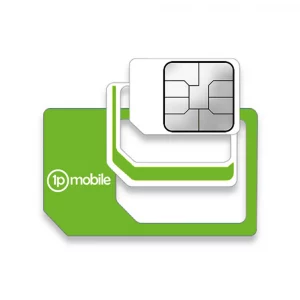
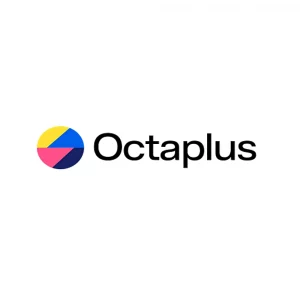
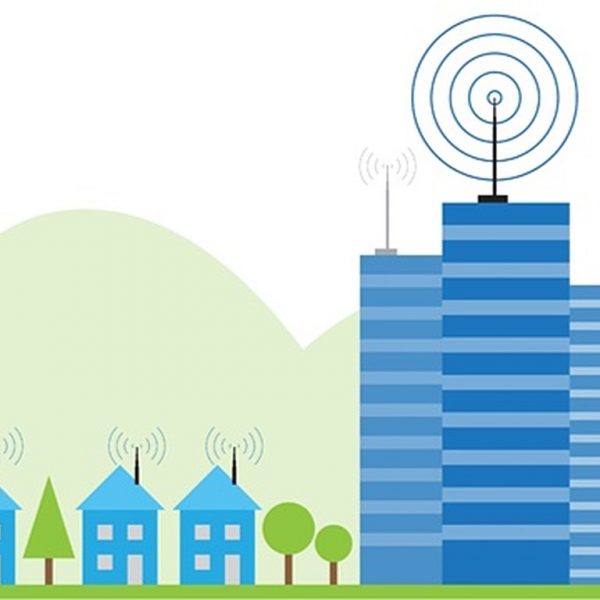
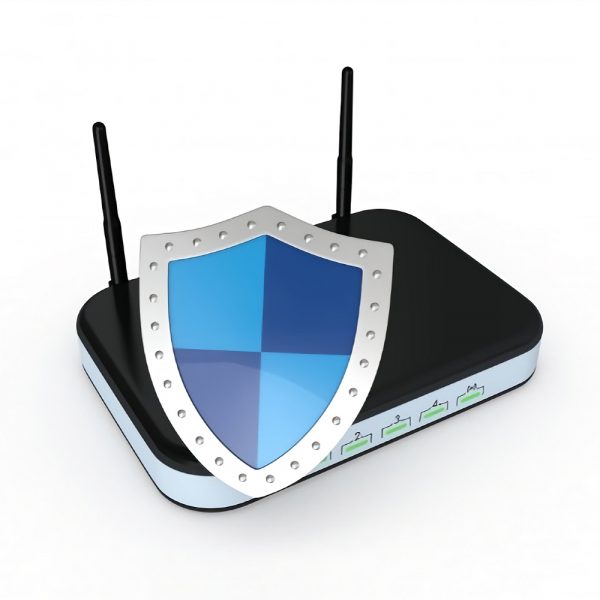
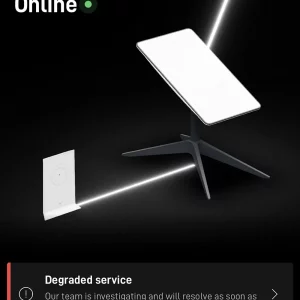
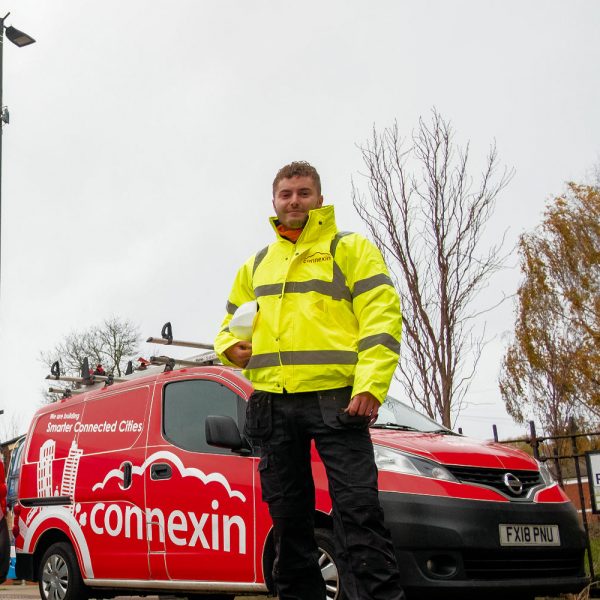
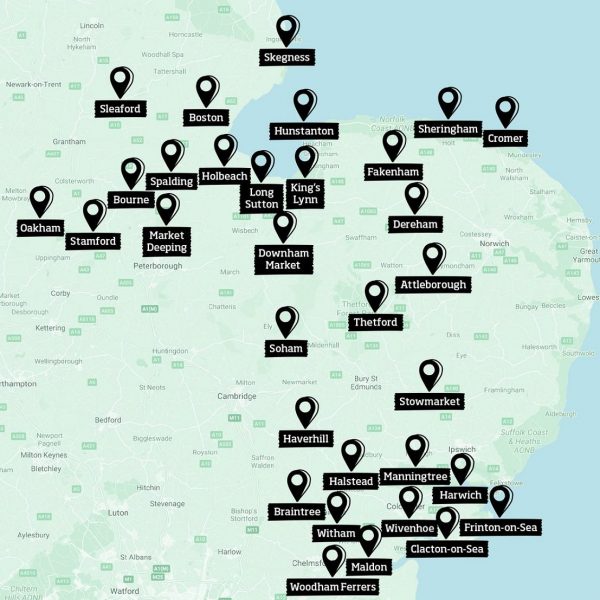
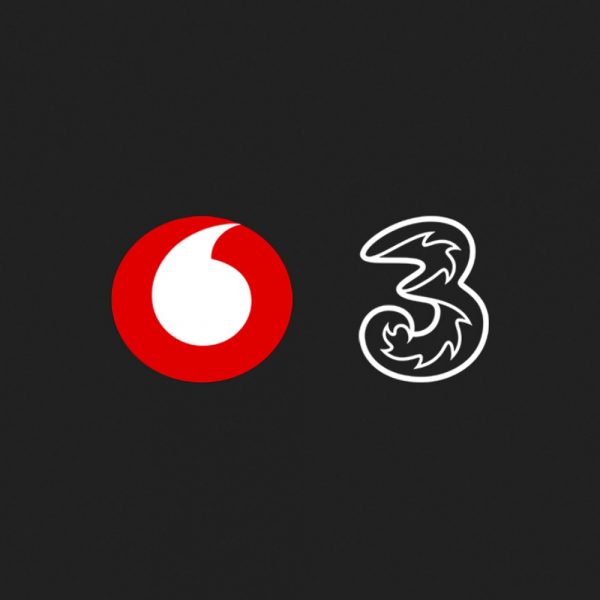
Cheap BIG ISPs for 100Mbps+
150,000+ Customers | View More ISPs
Cheapest ISPs for 100Mbps+
Modest Availability | View More ISPs
Latest UK ISP News
Helpful ISP Guides and Tips
Sponsored Links
The Top 15 Category Tags
- FTTP (5571)
- BT (3526)
- Politics (2549)
- Openreach (2308)
- Business (2279)
- Building Digital UK (2250)
- FTTC (2049)
- Mobile Broadband (1987)
- Statistics (1796)
- 4G (1676)
- Virgin Media (1634)
- Ofcom Regulation (1472)
- Fibre Optic (1405)
- Wireless Internet (1399)
- FTTH (1382)
Sponsored
Copyright © 1999 to Present - ISPreview.co.uk - All Rights Reserved - Terms , Privacy and Cookie Policy , Links , Website Rules






























